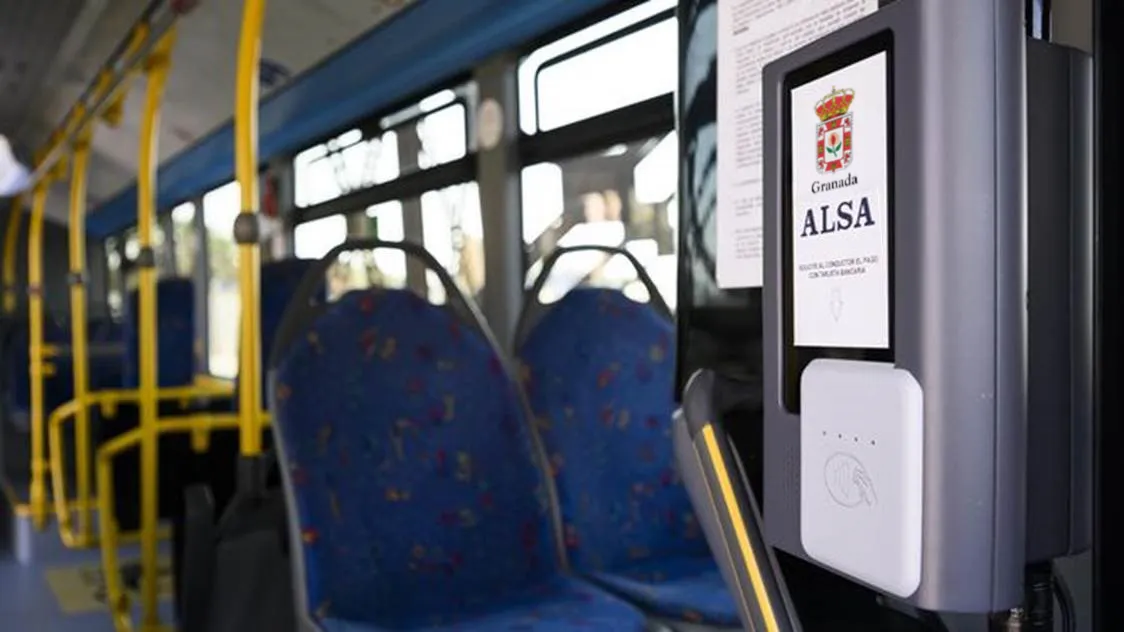Alstom and Huawei have successfully completed a pilot project to develop a Long Term Evolution (LTE) 4G multi-service broadband radio networking technology for metros.
The project was launched in the frame of a Memorandum of Understanding in April 2014, under which Huawei supplied the LTE network and Alstom which provided the train set and onboard signalling equipment. Alstom claims to be the first rail manufacturer to integrate LTE 4G in its signalling solution.
LTE technology enables a single wirele
July 6, 2015
Read time: 2 mins
The project was launched in the frame of a Memorandum of Understanding in April 2014, under which Huawei supplied the LTE network and Alstom which provided the train set and onboard signalling equipment. Alstom claims to be the first rail manufacturer to integrate LTE 4G in its signalling solution.
LTE technology enables a single wireless communication system supporting mission critical voice trunking and video communications, communication-based train control (CBTC) and broadband data applications such as passenger information systems and live streaming of CCTV 1 images. It improves operational services, reinforces security control and enables remote diagnostic of the onboard equipment while reducing operational costs. Alstom has integrated the LTE technology and carried out static and dynamic tests on the metro at its Valenciennes site in France.









